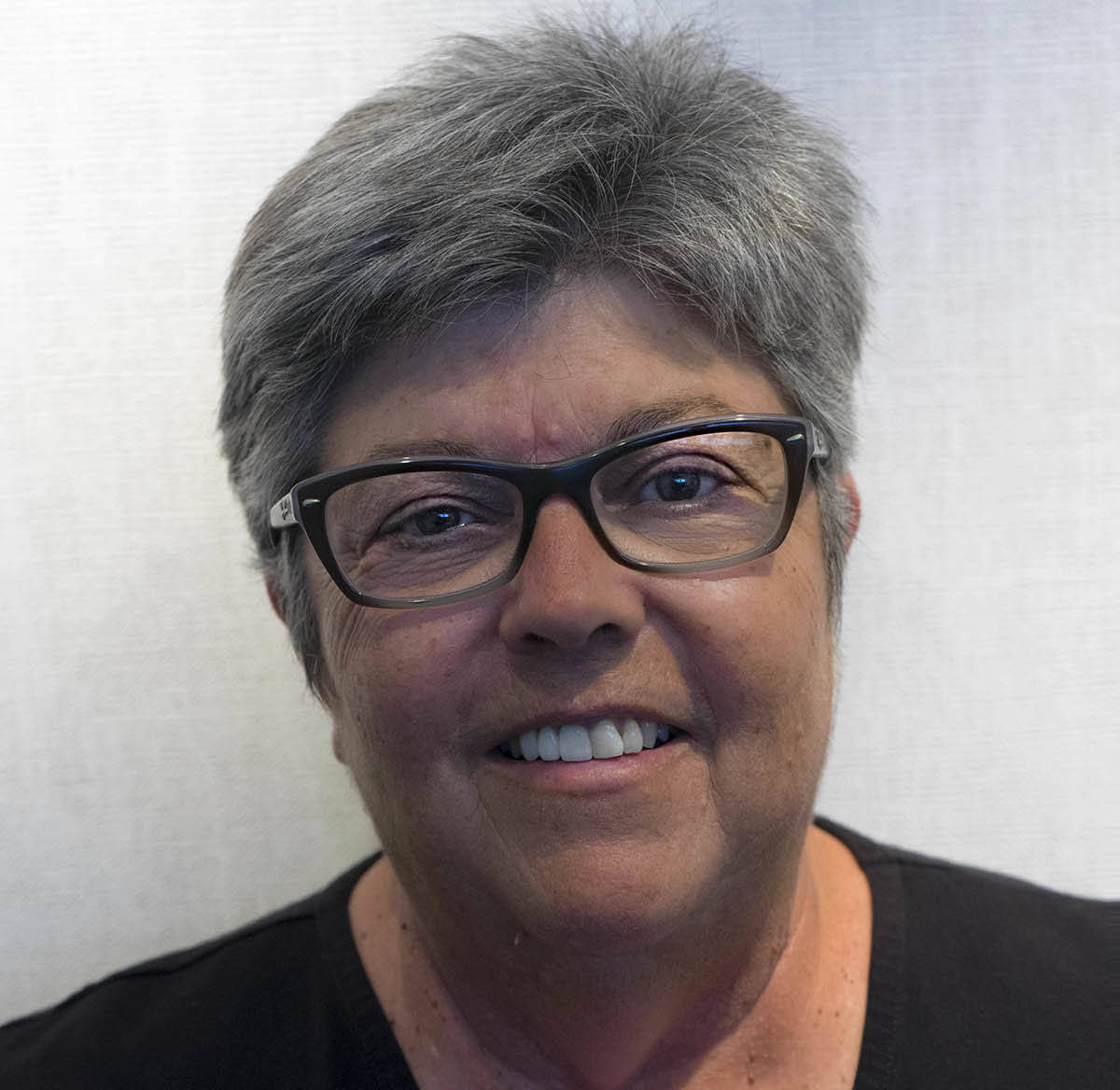Be open to new ideas, concepts
Peoples’ statements and written words to me are always amazing and fascinating, sometimes sad and depressing. There’s so much to take in coming from all directions. What’s true? What’s a lie? What do we believe? Do we take it all in?
One day I’ll exchange emails with a friend in Australia who shares the great news that after months of a strict lockdown, COVID-19 appears to be under control, as long as the Australians keep their borders closed. Before I have time to take in his good news, I read the number of COVID-19 cases in kids “has soared to unprecedented levels.”
And an opinion piece I stumble upon, https://nbcnews.to/3eP0aGI, states: “America already faces a steeply uphill battle against a pandemic that rages uncontrolled. We cannot afford further self-inflicted injuries. If we lose the next three months to petty partisan bickering and stonewalling, tens of thousands of Americans will die unnecessarily. There is not a minute to lose.”
Sad, happy or feel something else about the presidential election? Is there a vaccine to end COVID-19? Will the kids go back to school? What about bars and restaurants and sports returning to “normal”?
So much is hitting everyone right between the eyes, it’s no wonder many don’t know what to think or believe or have trouble focusing on what’s truth or propaganda. All I know is I need to concentrate on listening to the clearest voices, those I trust with decades of experience. I also am absolutely convinced I have work to do to improve the lives of others I might never meet.
A presentation I watched the other day reinforced what I believe. The video is titled “Economic Policy after Brexit and COVID-19: Taking Control.” (https://youtu.be/2VNJwsoVLk4) Professor Bill Mitchell said, among many other important items, “Citizens feel it but don’t understand it.” What is it we feel and don’t understand?
I spent my life working to make existence comfortable for myself and my family, those closest to me and others I didn’t know at all. I knew this was what I was supposed to do, but lacked an economic framework or lens to organize my actions and give me the facts, the ammunition, so to speak, to focus accurately.
It’s said you don’t know what you don’t know, and I didn’t know a lot when it came to systems of power and influence. I wasn’t naïve or uneducated, I just hadn’t been introduced to economics through modern monetary theory. I didn’t know how the economic or money system functioned in an academic, nuts and bolts method.
When we understand the U.S. government is monetarily sovereign, is the only issuer of U.S. currency and Congress chooses to spend on what it wants to spend on, the needless burden, the suffering of millions of Americans, compels one, at least it compelled me and countless others, to look at sharing that knowledge, that framework to anyone and everyone. This sharing of education has become my focus and keeps me grounded every single day.
Modern monetary theory is not political; it’s not left, right, conservative, liberal or in between. It is the explanation of how the monetary system is and works. One can argue all day long about sovereign currency, but the fact is the U.S. federal government issues currency and the Congress authorizes the spending into existence via instructions to the Federal Reserve. Accounts are credited. Social Security checks are issued or bank accounts are credited, vendors are paid, all electronically. No one carries millions of dollars to Boeing.
There is no gold or commodity backing up the expenditures of the U.S. federal government. It’s been this way since 1971 when Nixon took the U.S. off the gold standard. Those accepting federal government payments put their faith in the government. If and when the U.S. dollar is no longer accepted by citizens, businesses and the world, or the U.S. government collapses, there will be a problem.
Until that happens, it just might be wise to understand how the economic system works from a technical standpoint.
Unless we remain open to understanding there’s much we don’t know, we miss out on a great deal and don’t realize it passed us by.
Rose Ann Miele is a journalist and was public information officer for Boulder City for nine years. She is the national outreach director for Real Progressives. She can be reached at roseannrab@hotmail.com or at 702-339-9082.
The opinions expressed above belong solely to the author and do not represent the views of the Boulder City Review. They have been edited solely for grammar, spelling and style, and have not been checked for accuracy of the viewpoints.





